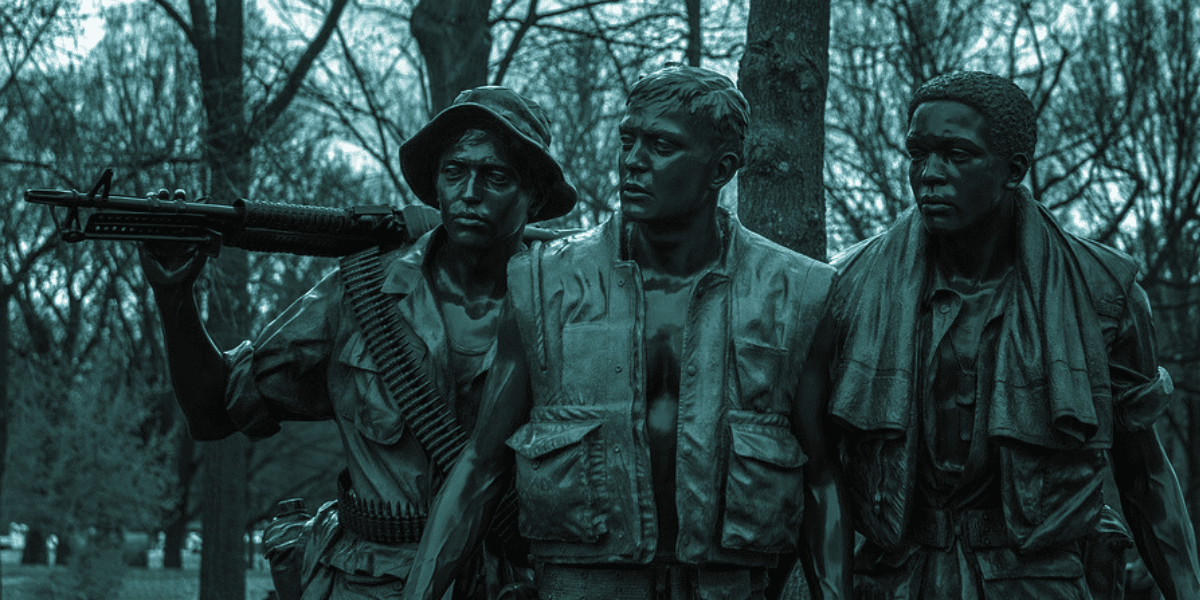When a Soldier is notified of their involvement in an Army Regulation (AR) 15-6 investigation, the immediate instinct is often to talk: whether out of a sense of duty, fear, or the desire to “clear the air.” Many service members believe that cooperating quickly—and without legal representation—will resolve the matter in their favor. After all: if you didn’t do anything wrong, what could go wrong?
Quite a lot, actually.
AR 15-6 investigations are technically administrative in nature, but the stakes can be significant, with findings often used as the basis for career-altering actions. These command-directed investigations address a wide range of issues from property loss to misconduct (such as hazing, fraternization, toxic leadership), or violations of the Uniform Code of Military Justice (UCMJ).
AR 15-6 investigations are not criminal trials. That does not mean they’re harmless. These “fact-finding” assignments can lead to General Officer Memoranda of Reprimand (GOMORs), Article 15s, relief for cause, referral OERs/NCOERs, and even administrative separation. A Service Member of any rank, from junior enlisted to field grade officer, can find themselves answering for a statement they gave without appreciating the full implications of their words. And, once that statement is on record, it can be difficult to undo the damage.
So, let’s cut to the chase: Should you speak to a 15-6 investigator without an attorney present?
Ready to book your consultation? Click below to pay our consultation fee and book your meeting with an attorney today!
Short Answer: No—at least, not until you’ve consulted with legal counsel.
What if I’m not the one under AR 15-6 investigation? Do I need to consult an attorney before speaking with an IO?
Short Answer: It is highly advised to seek legal counsel, even if you aren’t the one being investigated—yet.
An Investigating Officer (IO) is usually a commissioned officer or senior NCO appointed by a commander to conduct an AR 15-6 investigation. These people may not be prosecutors, and these may not be criminal proceedings, but make no mistake: statements you make during an investigation 15-6 can—and often do—lead to punitive or adverse actions.
IO’s are not defense attorneys either. They rely heavily on written statements. As such, statements made during a 15-6 interview, especially if submitted in writing, often become key evidence in administrative or disciplinary actions.
Service Members who begin the process as witnesses may find themselves becoming subjects mid-investigation, based solely on something they said. There have been numerous cases where well-intentioned Service Members made seemingly harmless comments which were later interpreted as admissions of misconduct.
But I didn’t do anything wrong. Why do I need an attorney for my 15-6 investigation?
Many Service Members make the mistake of treating a 15-6 investigation like a casual conversation: one where the truth will magically clear things up. Know that investigations are not casual. If you say something incriminating, intentionally or not, your words can be used against you in administrative actions like GOMORs, Article 15s, or even separation boards. While denying one allegation, you may unwittingly admit to lesser misconduct.
Example: A Staff Sergeant is under investigation for “toxic leadership.” He agrees to speak with the 15-6 investigator without counsel. He thinks if he can only explain that he “just yells when things don’t get done and maybe used some profanity on the way,” his conduct will appear harmless enough. Instead, his statement becomes the linchpin in a GOMOR for abusive behavior, which later triggers a separation board. Had he consulted with legal counsel, he might’ve known to submit only the most carefully worded statement—or, declined to make one entirely.
You can contact us 24 hours a day, 7 days a week via phone at 8885294543, by e-mail at info@tullylegal.com or by clicking the button below:
What rights do I have and how can a military attorney help me during an AR 15-6 investigation?
Even though AR 15-6 investigations are not criminal courts, your rights do not disappear. In fact, the Manual for Courts-Martial and U.S. Constitution (5th Amendment) provide you with protections against self-incrimination. If you are a subject (suspected of misconduct), you must be read your rights under Article 31(b), UCMJ. These rights include: the right to remain silent, the right to consult with counsel, and the right to be informed of the nature of the suspected offense.
If you’re a witness, you do not have these same rights—but that does not mean you should speak without advice. Why? Because witnesses can become subjects mid-investigation. Many Service Members start as witnesses only to wind up as subjects after their own words stumble onto a hornet’s nest of self-incrimination.
So, should you talk to an AR 15-6 investigator without an attorney? The answer is: no, absolutely not until you’ve spoken with a military law attorney. It doesn’t matter what your rank is, how strong your record is, or how confident you feel. The law protects you, but only if you exercise those rights. Anything you say can and will be used as evidence: not just in the investigation, but in the aftermath—when career-impacting decisions are made. Know your rights, invoke them, and get qualified legal assistance before saying a word.
NOTE: This article is for general informational purposes and does not constitute legal advice. If you are under investigation or suspect you might be, contact your local Trial Defense Service (TDS) office or a qualified military law attorney immediately.
Tully Rinckey attorneys understand that issues involving military investigations can be challenging, and they will handle your matter with the attention and tact it deserves. If you have additional questions about navigating a military investigation, our team of attorneys is available to assist you today. Please call 8885294543 to schedule a consultation or schedule a consultation online.
Michelle Alvarado Salermo, Esq. brings over 14 years of high-speed service in the U.S. Army, federal government, and private legal sector to her role as Associate Attorney in Tully Rinckey PLLC’s Buffalo office. A former U.S. Army Sergeant First Class, combat veteran, and former federal Claims Examiner for the U.S. Department of Labor, Michelle provides mission-driven legal counsel in federal litigation, military law, federal employment, security clearance defense, corporate law, and emerging cybersecurity and technology law.







